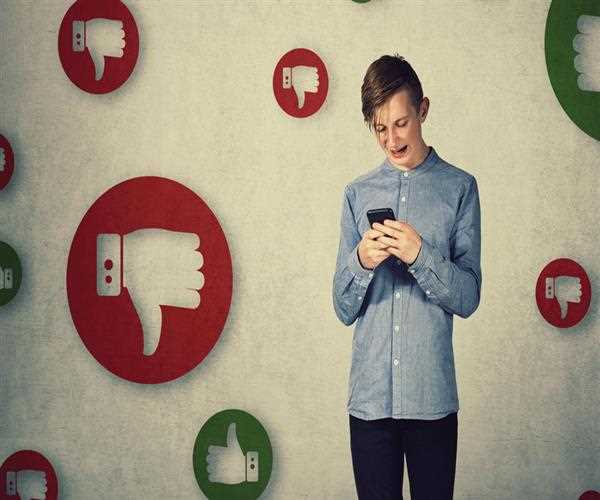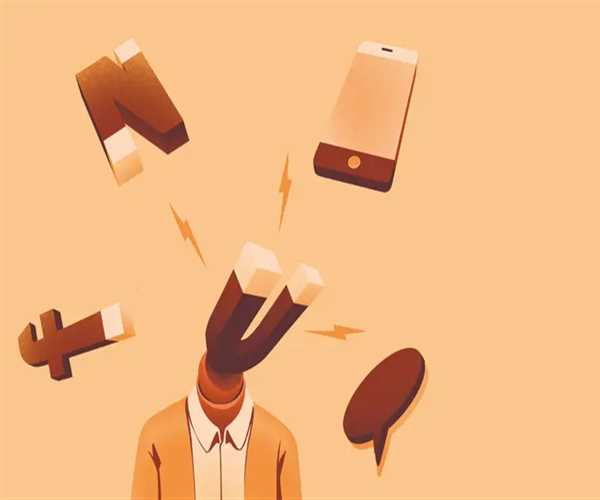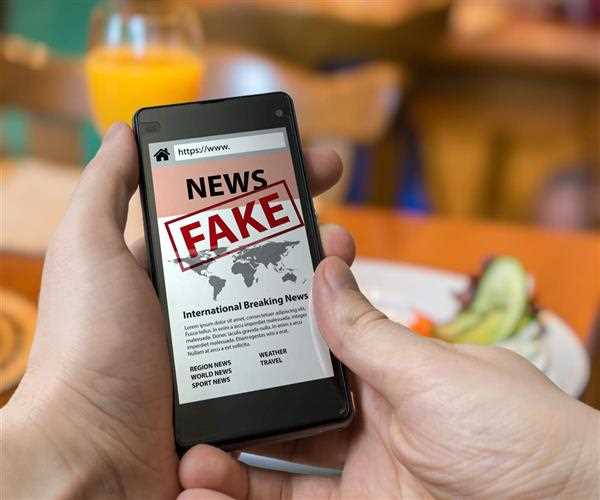
28-Jun-2023 , Updated on 6/28/2023 7:26:42 AM
How social media changed the dynamics of relationships and friendships
Highlights
Both positive as well as negative aspects change the dynamics of relationships and friendships across social media and it will depend upon people's thinking.
- Social comparison and self-esteem issues- Constant exposure to carefully curated content can lead to feelings of inadequacy and lower self-esteem.
- Cyberbullying and harassment- Online platforms can provide a breeding ground for cyberbullying, harassment, and the spread of hate speech.
- Privacy concerns- Sharing personal information on social media platforms can pose a risk to privacy and lead to potential identity theft or exploitation.
- Addiction and time-wasting- Excessive use of social media can result in addiction-like behaviors, leading to decreased productivity and negative impacts on mental health.
- Disrupted sleep patterns- Engaging with social media before bed can disrupt sleep patterns and contribute to insomnia or poor sleep quality.
In the past two decades, social media has emerged as a powerful force that has revolutionized the way we communicate and interact with others. Platforms such as Facebook, Twitter, Instagram, and Snapchat have become integral parts of our lives, influencing the dynamics of relationships and friendships in significant ways. Nowadays every human has a certain connection with another across the world and undoubtedly, some are in a relationship while some are best friends for a long time.
There are two sides to how social media change the dynamics of relationships and friendships. I will take you through the negative aspects in the following sections
Lack of focus- Social media platforms are designed to be highly engaging and addictive, often leading to a lack of focus on important tasks and responsibilities. Constant notifications, scrolling through feeds, and the desire for instant gratification can disrupt productivity and concentration.
No doubt, Social media platforms are designed to be highly engaging and can easily divert your attention from important tasks or activities. Constant notifications, scrolling feeds, and the abundance of content make it challenging to stay focused on one thing for an extended period. This can result in decreased productivity and difficulty concentrating on essential responsibilities such as work, studying, or personal goals.
People are acting in such a way that they are watching reels and lose their concentration while walking on the road, pushing their legs into sewerage systems. This shows that they are more inclined towards watching reels rather than paying attention to their healthy lifestyle.

Moreover, Research says that constant exposure to watching reels on social media can affect memory and learning processes. The constant stream of content and rapid scrolling can lead to information overload, making it difficult for the brain to retain and consolidate new information effectively. This can hinder knowledge acquisition and comprehension.
Lack of social skills- Spending excessive time on social media can result in a reduction of face-to-face social interactions. This can hinder the development of crucial social skills such as effective communication, empathy, and conflict resolution, as online interactions often lack nonverbal cues and genuine emotional connections.
People's social skills are impacted in numerous ways by social media. According to The Learning Habit, a study conducted in 46,000 K-12 children's homes in the United States found that after 45 minutes of social media use, children's grades, sleep, social skills, and emotional balance began to decline. Four hours of screen time resulted in A grades for 1 percent of middle school students in both language arts and mathematics.
False sense of connection- While social media allows users to connect with others, it often creates a superficial sense of connection. People may have large numbers of online friends or followers, but these connections may lack depth and genuine intimacy. The virtual nature of social media can contribute to feelings of loneliness and isolation in real life.
Social media can lead to a superficial sense of connection because interactions are often limited to brief comments, likes, or emojis. These forms of engagement lack the depth and nuance of face-to-face interactions, leading to a weaker sense of emotional connection.
Paradoxically, excessive use of social media can contribute to feelings of isolation and loneliness. While individuals may have many online connections, they may lack the quality time and deep engagement that are necessary for building meaningful relationships.
Spread of fake content- Social media platforms can be breeding grounds for misinformation, rumors, and fake news. The ease of sharing and disseminating information without proper fact-checking can lead to the rapid spread of inaccurate or misleading content. This can have serious implications on individuals' beliefs, decisions, and even public discourse.

The spread of fake content on social media can have significant negative consequences, especially when it comes to political agendas. Here's an example to illustrate this:
Let's say there's an upcoming election in a country, and there are two major political parties competing for power. Party A decides to employ a social media strategy to gain an advantage. They create fake social media accounts and websites that mimic legitimate news sources. These sources start spreading false information about Party B's candidate, accusing them of various crimes and unethical behavior.
Since social media platforms allow content to spread rapidly, these fake news articles and posts quickly gain traction among users. People who come across the fake content may believe it to be true and share it with their own social networks, further amplifying its reach. As a result, a significant portion of the population starts to perceive Party B's candidate negatively, potentially influencing their voting decisions.
The consequences of this spread of fake content can be damaging to both the candidate and the democratic process. Party B's candidate may suffer reputational harm, and the election might be swayed in favor of Party A due to the misinformation campaign. This undermines the fair and informed decision-making that is crucial for a healthy democracy.
Moreover, even after the election, the impact of fake content can persist like fake news. The false narratives created during the campaign can continue to circulate, leading to polarization, mistrust, and division within society. It becomes increasingly challenging for individuals to distinguish fact from fiction, undermining public discourse and the ability to have meaningful political debates based on accurate information.
Negative impact on mental health- Research has shown a correlation between excessive social media use and various mental health issues. Constant exposure to carefully curated, idealized versions of other people's lives can lead to feelings of inadequacy, low self-esteem, and even depression. Cyberbullying, online harassment, and comparison with others can also contribute to negative psychological effects.
Social media often presents a filtered and idealized version of people's lives, leading to social comparison and feelings of inadequacy. Constant exposure to carefully curated posts can create unrealistic standards and negatively impact self-esteem and also mental health
The use of social media before bedtime, particularly when engaging with stimulating content or experiencing social interactions, can disrupt sleep patterns. Poor sleep quality and quantity can have detrimental effects on mental health, leading to increased stress, irritability, and decreased overall well-being.
Time wastage- Social media can be highly time-consuming, often leading to a significant loss of productive time. Excessive scrolling and mindless browsing can result in a decreased ability to manage time effectively, impacting academic or professional performance and personal relationships.
Privacy concerns- Social media platforms collect and store vast amounts of personal data, which can raise privacy concerns. Users may unknowingly share sensitive information, leaving them vulnerable to identity theft, targeted advertisements, or other online threats.
Though as discussed with the negative consequences in the beginning, some people believe that social media is acting on a positive side but again this will purely depends upon the imagination and their thinking levels.
With that being said, I am going to list down some of the positive aspects as per my opinion
Expanding Social Networks
One of the most noticeable effects of social media on relationships and friendships is the ability to expand our social networks beyond geographical boundaries. In the pre-social media era, friendships were typically formed through physical proximity, shared interests, or mutual acquaintances. However, social media has enabled individuals to connect with people from all corners of the world, facilitating the formation of diverse and multicultural relationships.
Enhanced Communication
Social media platforms have fundamentally altered the way we communicate. Instant messaging, video calls, and virtual communities have made it easier than ever to stay connected with friends and loved ones, regardless of distance. The real-time nature of social media fosters constant engagement, allowing individuals to share updates, photos, and videos with their social circles instantly. The convenience and accessibility of these platforms have brought people closer together, reducing the sense of isolation and loneliness that can occur in modern life.
Self-Presentation and Identity
With social media platforms heavily emphasizing self-presentation, individuals now have a digital canvas to shape their online identities. This aspect has significantly impacted relationships and friendships. People can carefully curate their online personas, showcasing the aspects of their lives they want to highlight while concealing less desirable aspects. The pressure to project an idealized version of oneself on social media has led to both positive and negative consequences.
On one hand, it allows individuals to express their creativity, share their accomplishments, and connect with like-minded people. On the other hand, it can create an atmosphere of comparison, envy, and insecurity, as people constantly measure themselves against the seemingly perfect lives of others.
Social media has given a voice to individuals who may have otherwise been silenced, providing a platform for advocacy, support, and activism.
Moreover, social media has played a significant role in maintaining long-distance relationships. It allows couples separated by distance to bridge the gap, providing a constant means of communication and sharing experiences. The ability to see and interact with each other through video calls or virtual platforms can help sustain emotional connections and alleviate feelings of isolation.
To navigate the changing dynamics of relationships and friendships in the age of social media, it is essential to strike a balance between the virtual and physical realms. It is crucial to recognize that the online personas people present on social media are often a carefully curated version of themselves, and real-life interactions provide a more accurate understanding of individuals.
Also, it is very important to cut down or restrict the use of fake content across all social media networks so that it will not hamper the mental health of people all over the world.

SEO and Content Writer
I am Drishan vig. I used to write blogs, articles, and stories in a way that entices the audience. I assure you that consistency, style, and tone must be met while writing the content. Working with the clients like bfc, varthana, ITC hotels, indusind, mumpa, mollydolly etc. has made me realized that writing content is not enough but doing seo is the first thing for it.
Join Our Newsletter
Subscribe to our newsletter to receive emails about new views posts, releases and updates.
Copyright 2010 - 2026 MindStick Software Pvt. Ltd. All Rights Reserved Privacy Policy | Terms & Conditions | Cookie Policy